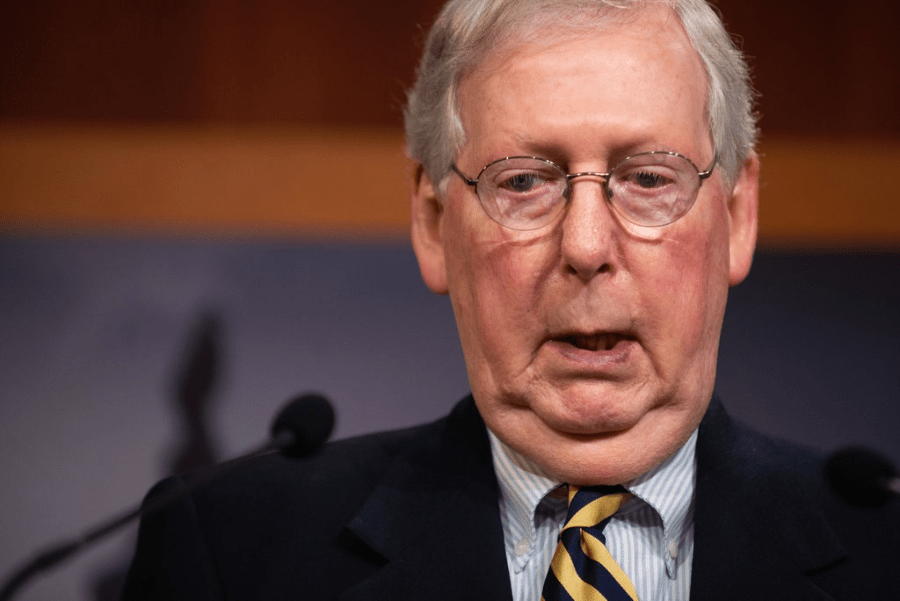Health
Senate on impasse for $250 billion relief funds over coronavirus crisis

WHAT YOU NEED TO KNOW:
- Republicans and Democrats seemed to be on a dead-end during the Senate meeting on Thursday as both blocked each other’s proposal — resulting in adjournment until Monday.
- Republican Senate Majority Leader Mitch McConnell aimed at passing the $250 billion additional fund to the loan program for small businesses.
- Meanwhile, Democrats wanted to include hospitals, health systems, state and local governments, and food assistance programs, as they were worried many, with no banking relationship, won’t be covered by the plan.
Republicans and Democrats failed to meet an agreement over the $250 billion funds to help small enterprises soldier on amidst the coronavirus pandemic, Thursday.
Senate Majority Leader Mitch McConnell tried to pass the additional $250 billion for the small enterprise program by unanimous consent — a procedural scheme to approve a bill without having lawmakers vote. However, Democratic leaders objected it and instead proposed to add more emergency funding for hospitals, states and local governments — along with the proposed aid to the small business sector — which Republicans also blocked.
Senator Ben Cardin (D-Md.) objected to the appeal and said that McConnell’s move to pass the funding is a “political stunt.”
On Thursday, House Speaker Nancy Pelosi echoed Cardin’s remarks on McConnell’s move while speaking to reporters, as she said that Treasury Secretary Steven Mnuchin called on Tuesday and “asked for a quarter of a trillion dollars in 48 hours, with no data.”
With the disagreement between Republicans and Democrats, the Senate then adjourned until Monday. It is unclear if the two parties will reach an agreement on emergency legislation.
According to the Trump administration, there’s a strong demand for loans this week. The White House asked Congress for more allocation to the program designed to help small businesses keep employees on payroll. Initially, lawmakers approved $350 billion for loans — which can be absolved partly or fully if spent on payroll, rent or utilities.
On Wednesday, Pelosi and Senate Minority Leader Chuck Schumer proposed for the emergency bill to include $250 billion for hospitals, health systems, state and local governments, and food assistance programs, on top of the budget for small companies. However, the $125 billion should be for the existing program specifically, and the other $125 billion for community-based lenders and SBA disaster assistance loans and grants, Pelosi said.
The Democrats wanted to extend major provisions of the $2 trillion emergency measure, such as direct payments to individuals, state grants and enhanced unemployment insurance.
Reports said that the implementation of the small business loan program on Friday brought about confusion around eligibility, application and loan terms. Democrats were worried it discounted farmers, rural business holders and small firms who do not work with any bank participating in the program.
Source: CNBC.com
